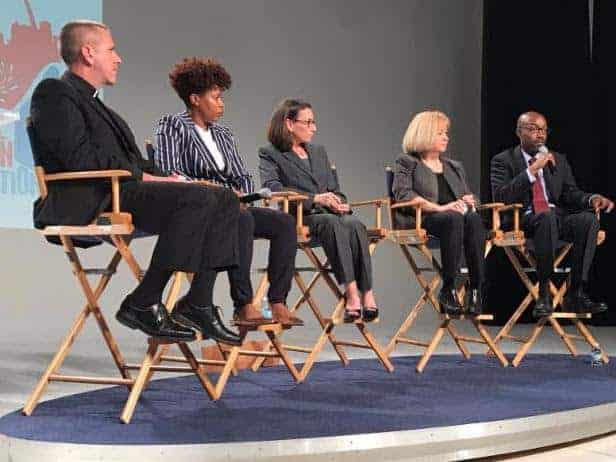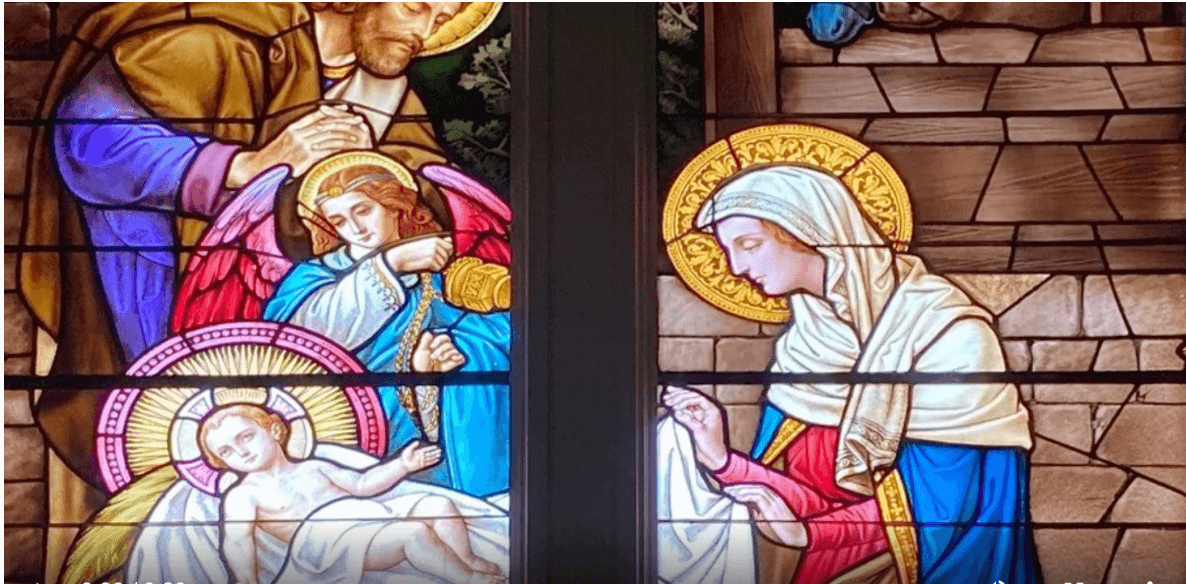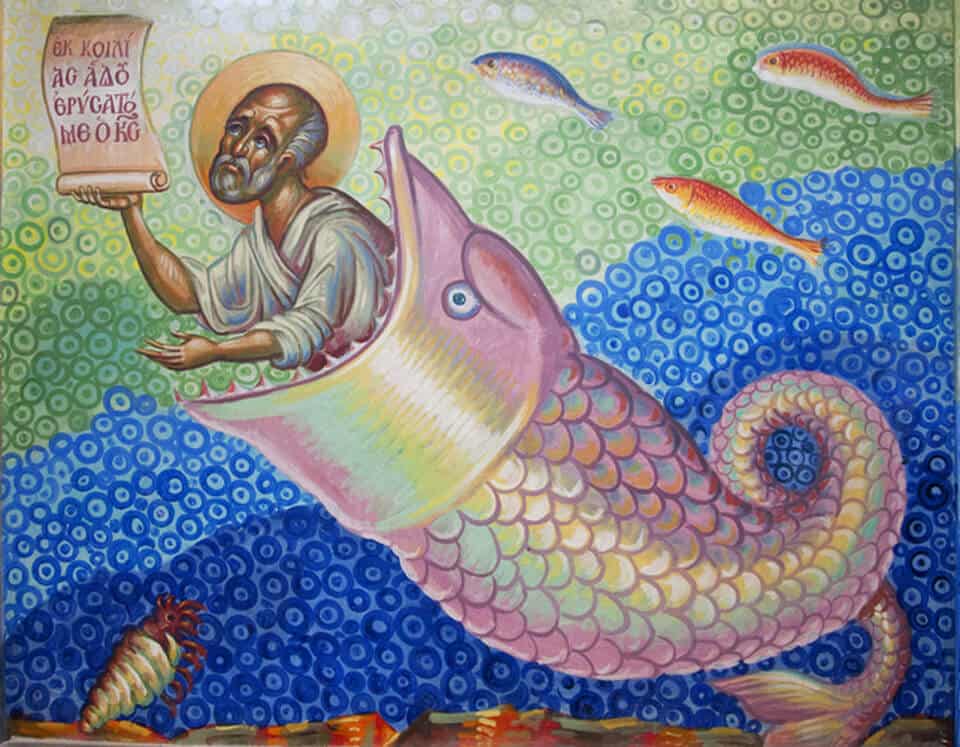As part of the Incarnate Word Foundation’s 20th Anniversary, RECON is an initiative to create opportunities to learn and engage in respectful discourse on race, religion, responses to violence and other topics that have historically divided St. Louis. Sr. Helena Monahan, CCVI, is directing this effort. On October 26, 2017 the Foundation hosted a Mayoral Forum, “Moving Toward Racial Equity in St. Louis,” at the Nine Network.
The panelists were:
- Fr. Christopher Collins, SJ, Saint Louis University
- Ms. Charli Cooksey, Forward through Ferguson
- Rabbi Andrea Goldstein, Congregation Shaare Emeth
- Honorable Lyda Krewson, Mayor of Saint Louis
- Dr. Jason Purnell, Washington University
The panelists shared their perspectives on what the obstacles are in working toward racial equity in St. Louis. Fr. Collins discussed the role St. Louis history has had. “How do we confront, repent and own our history? How do we acknowledge where the sins are when we confront our history and own it? The personal proximate encounter with people in their deepest humanity is critical. Proximity and closeness to those from whom we are separated is very difficult for us. How do we intentionally choose to spend time with each other when there is pain to be acknowledged and dignity restored? We need this in a sustained way.”
Charli Cooksey asked, “What would things look like if we went into community to do radical listening? What would it look like if we said, ‘We are here to support you?’ What would leadership look like if the leaders are responsive to community voice? There is awesome organization and great things happening every day. How do we align with that around shared outcomes, programming, partnerships and funding?”
Rabbi Goldstein stressed the importance of listening, “Listening in community and hearing what is needed. In my faith tradition, there is the mystical idea of Tzimtzum, that God contracted in order to make space for the creation. How can we contract ourselves as a form of leadership that allows space forothers and for deeper relationship. God had to contract to make space for others. Where do we need to expand or contract to allow for more opportunities? It would be great to tie our economic activities together. We live in communities so different from one another. Just seven miles away from where I live, children do not have the same opportunities. If the economy were tied together we might be more motivated to do this work for the benefit of all.”
Mayor Krewson pointed out the need to address the issue as a region and to focus on early interventions, “What are the obstacles? We have a long history in St. Louis and in Missouri of segregation. For example, a 1916 a vote affirmed segregation. That was overturned by the courts but that sets the stage where we are 100 years later. There was redlining. People of color could not own property and could not
acquire wealth.”
More currently, what are the barriers today? To a large extent, there is a lack of shared reality. We are seeing more white people to understand what their black and brown neighbors are.” We are tied together economically. What happens in North St. Louis affects Chesterfield, Creve Coeur and Wildwood because we have a community that is not thriving.” One solution is that we need to spend more on the front end not at the other end to correct problems. We need a focus on early childhood. As a nation we have not prioritized this at all.”
Dr. Jason Purnell provided an analysis, “We have an inability to see how history shapes the current state of where we are. We assume it is all about the choices people make and then the consequences of those choices when it is really about the choices they had. We have cumulative disadvantage and concentrated affluence. That’s created pockets of opportunity—concentrated pockets of opportunity that don’t get spread to others.”
We lack a vision of what is possible. There is a blindness to seeing people as resources rather than as problems. We think of a whole segment of people in St. Louis as problems. You don’t invest in problems. You quarantine. You incarcerate. We need to see these people as resources as people who are present opportunities. At the heart of it all is a blindness to humanness. If you can’t see humanity in someone you can justify a whole host of horrible things. When we deny and refuse to see the humanity in other people we are able to throw them away.”
The panel also discussed violence in our community and responded to questions from the audience. Dr. Purnell shared a reading list with those at the Forum to foster deeper understanding of how we arrived at where we are today, and how equity issue can be addressed effectively.
Richard Rothstein, “The Making of Ferguson”.
Richard Rothstein, The Color of Law (book).
Colin Gordon, Mapping Decline (book).
Ta-Nehisi Coates, “The Case for Reparations” (article).
Ta-Nehisi Coates, “The Black Family in the Age of Mass Incarceration” (article).
At-Nehisi Coates, Between the World and Me (book).
By Bridget McDermott Flood.






0 Comments